
Recently, a group of international students from the University of Science and Technology of China visited Yanzihe Experimental Middle School in Jinzhai county, Anhui province. The 12 international...
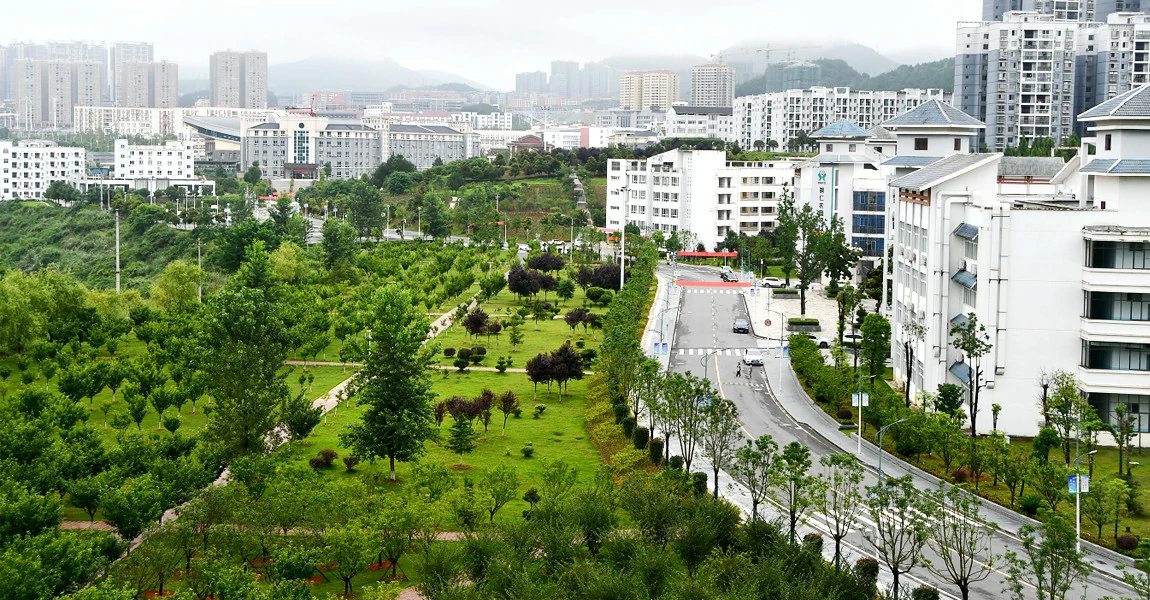
This university is located in the scenic city of Tongren, surrounded by mountains and rivers, offering a beautiful and tranquil campus environment. The 2026 Spring Chinese Language Program is now o...

Why choose? 🏫 Academic Excellence This university is affiliated with the National Sports Administration and boasts top-notch sports science laboratories, Olympic-level training facilities, and int...

This 211 Project university is located in Nanjing, the capital of Jiangsu Province. The university provides international students with an excellent Chinese language learning environment, allowing you...
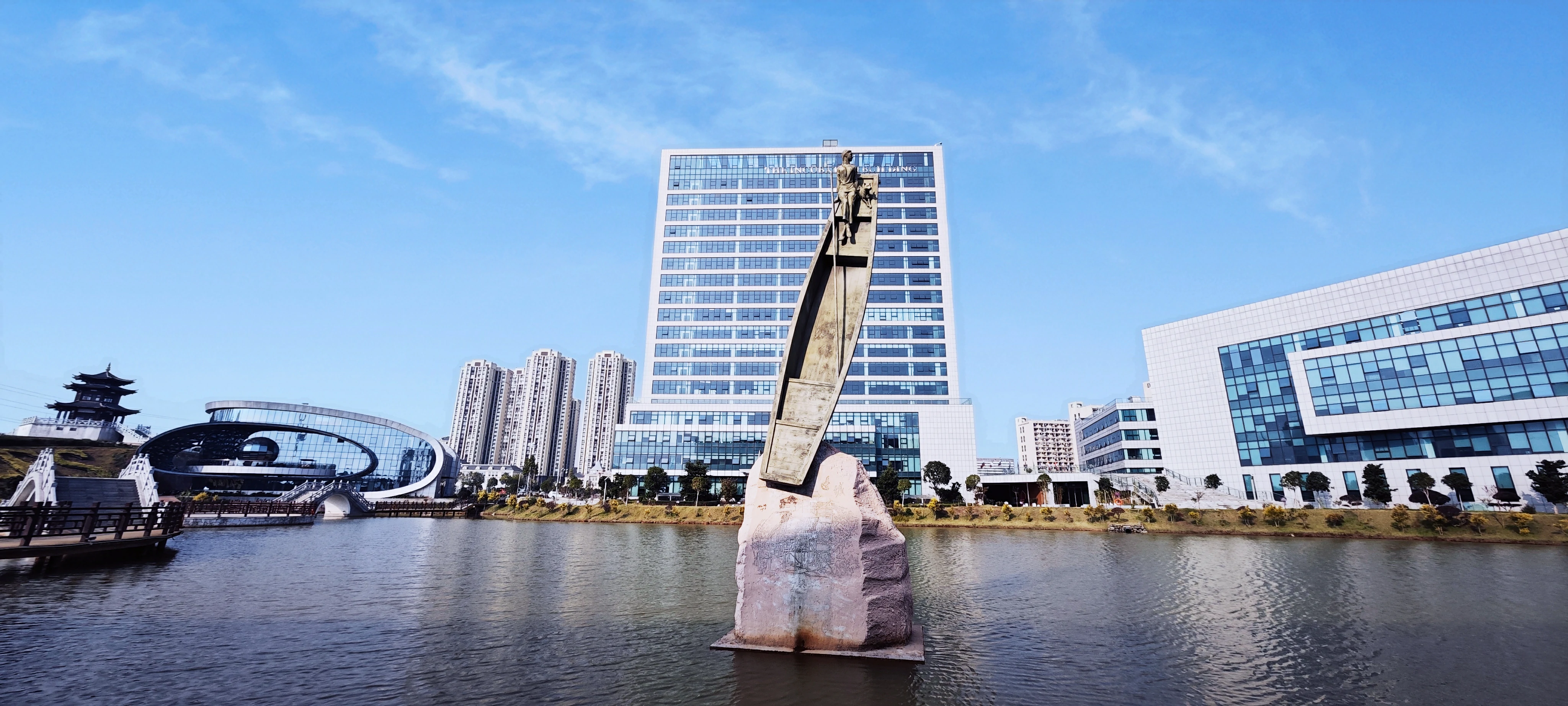
Why Choose? ✔ Vibrant Location: Study in Changsha – a city of innovation, spicy Hunan cuisine, and rich culture. ✔ Affordable Education: High-quality vocational education, with affordable...
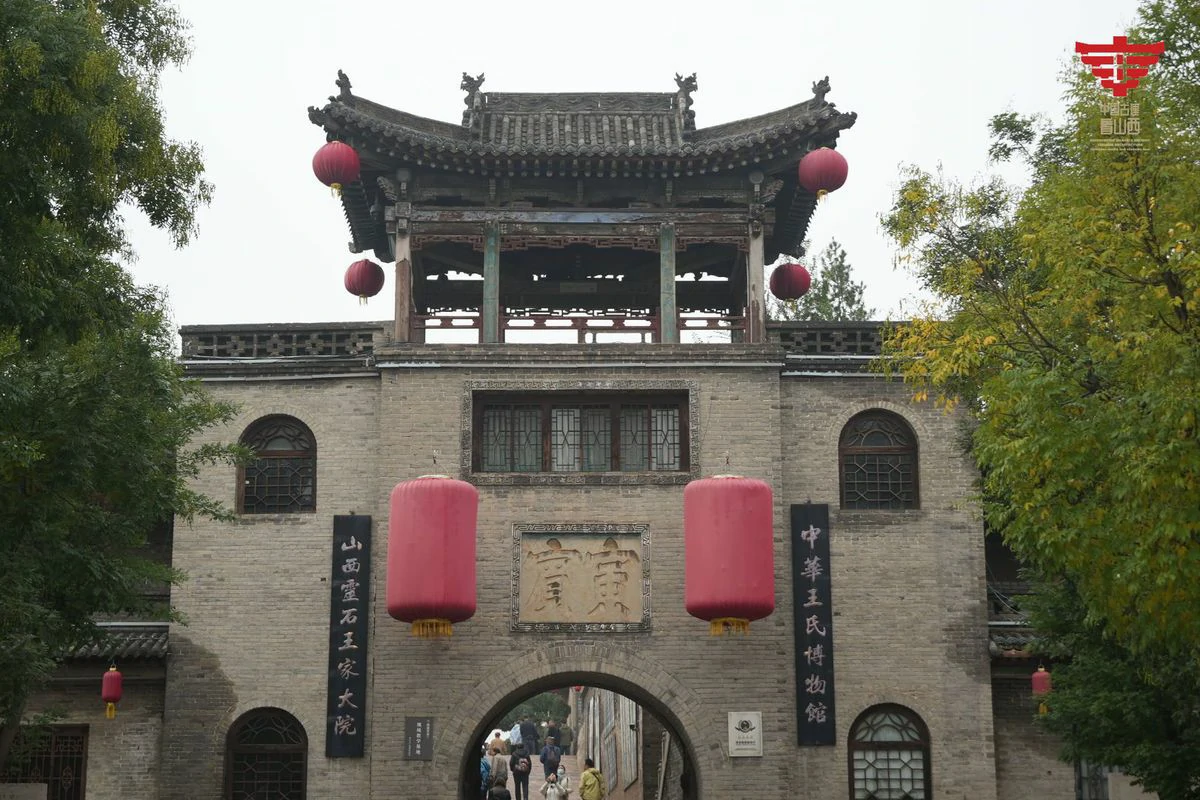
A group of content creators and international students were treated to an immersive tour of ancient Chinese residential complexes and civilization sites in the cities of Jinzhong and Linfen, North C...
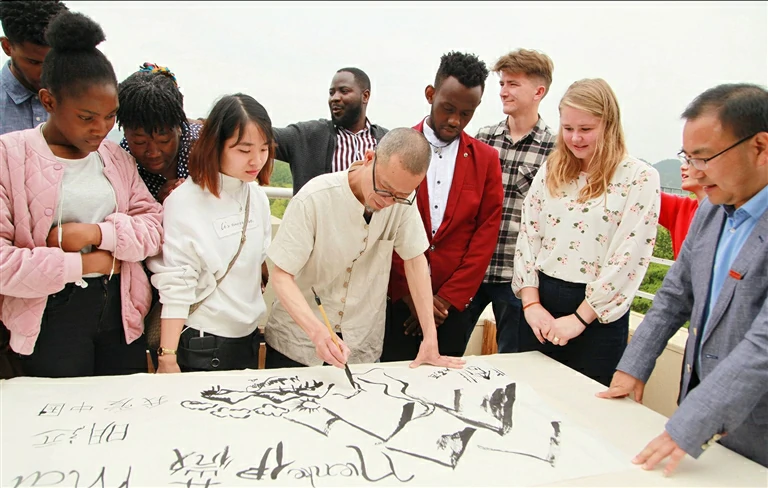
The university is located in the vibrant mountain city of Chongqing, featuring advanced teaching facilities and spacious learning environments. For international students, the college offers ...
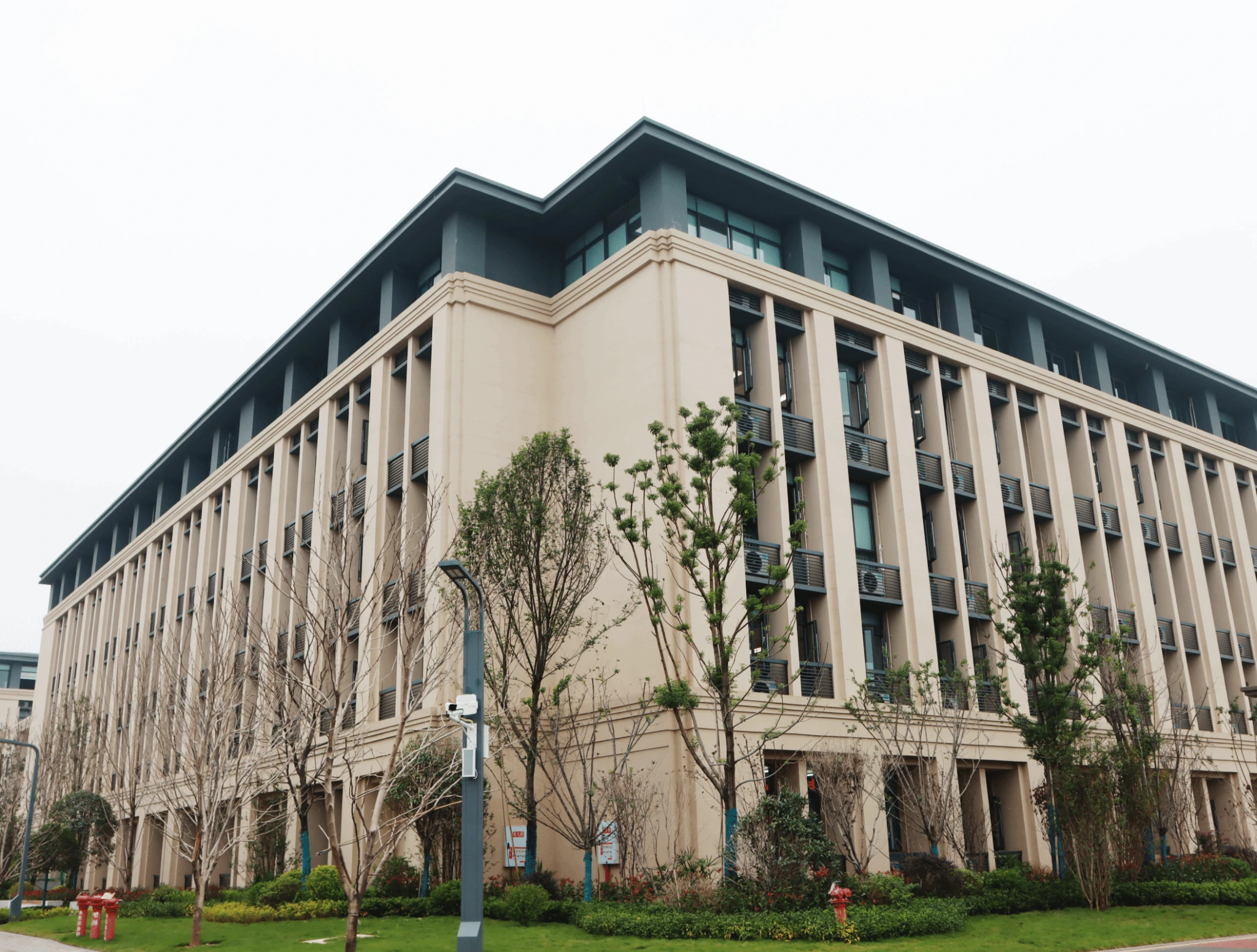
We recommend this university for the following reasons: ✔ Unique Location: Situated in Chongqing—a warm and welcoming tourist city. ✔ Popular Programs: The university offers two po...

0 Tuition & 0 Dorm Located in China's "Porcelain Capital" - Jingdezhen City, Jiangxi Province, this university is a prestigious institution specializing in ceramic arts, design and related fields...
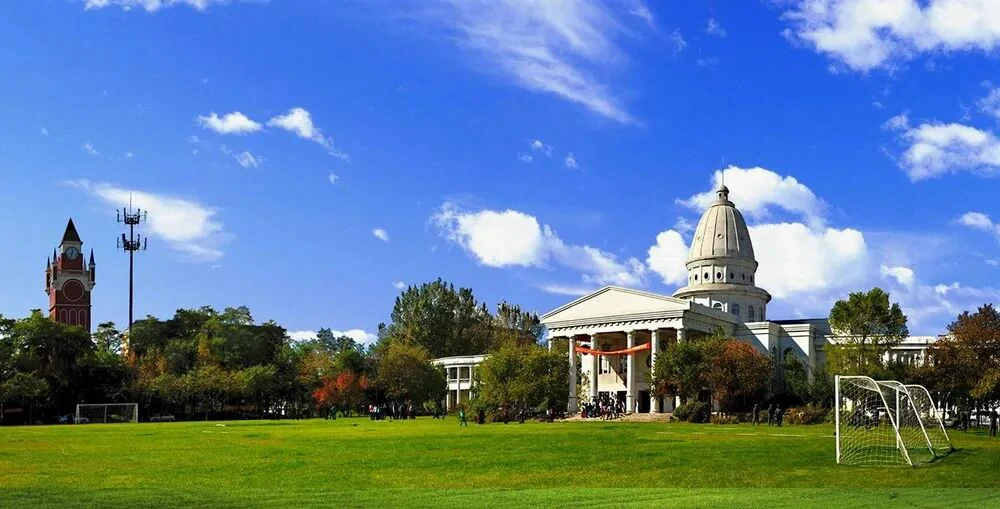
The university is located in Shenyang, an awesome city in Northeast China. Here, modern education meets a vibrant campus culture. You'll be taught by really friendly professors, study with clas...
Popular
SCG - May 22, 2025
Subscribe

